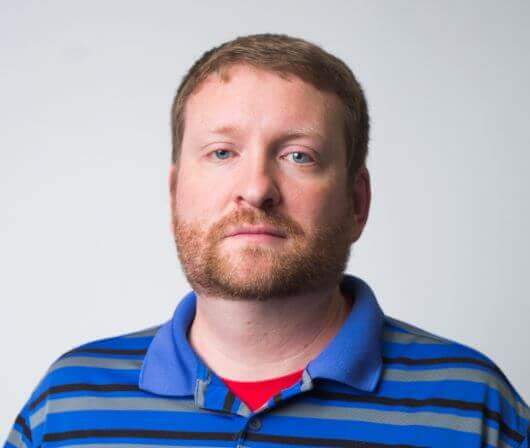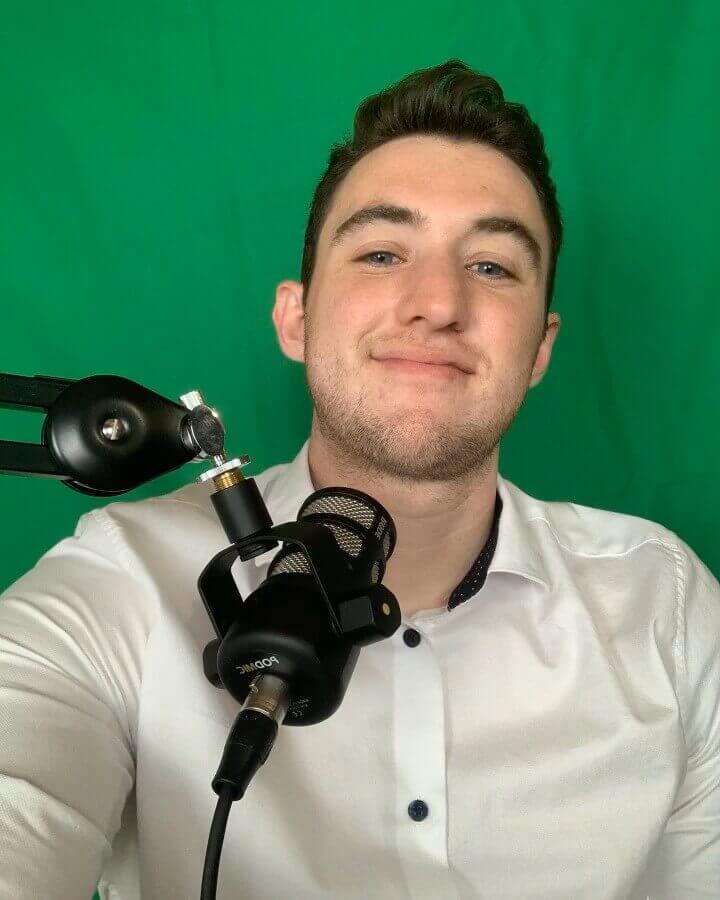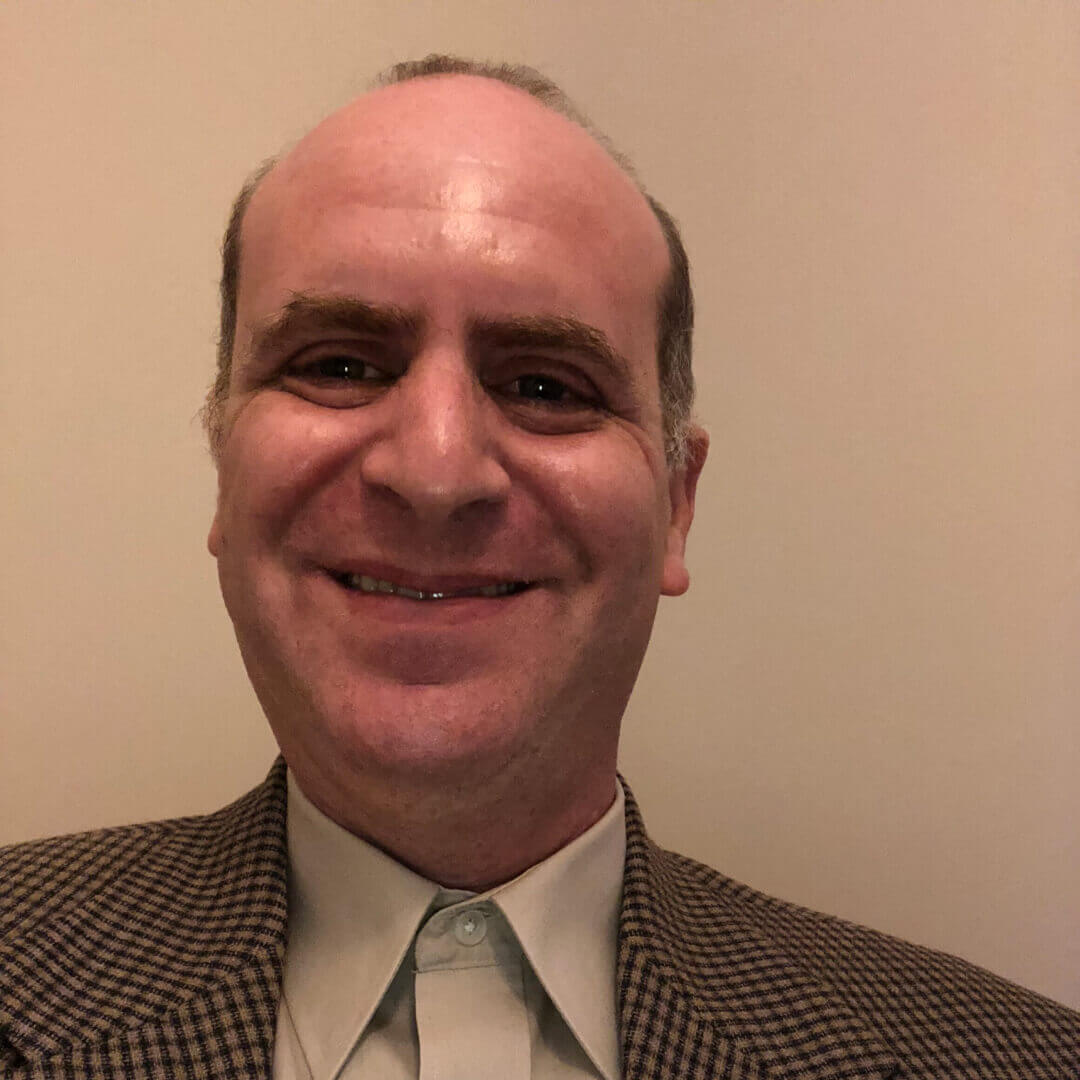 General Sports News
General Sports News

Drake Reportedly Wins Four Times More on Stake Compared to Average Player

Kon Knueppel New NBA Rookie of the Year Favorite as Flagg Continues to Sit

DraftKings Plans to Integrate All Products, Launch ‘Super' App in March

Colorado Bill Aims to Completely Revamp Protections for Sports Bettors

Are Prediction Markets Afraid to Spook the Horse Racing Industry?

Caesars Entertainment Reportedly in Takeover Talks as Shares Hit Five-Year Low
 State News
State News

Colorado Bill Aims to Completely Revamp Protections for Sports Bettors

theScore Bet Opens Pre-Registration in Alberta

Mississippi House Passes Tax Hike on Proposed Online Sports Betting Expansion

Massachusetts Wants a Good Reason for 'Limiting' Sports Bettors

New York Attorney General Sues 'Counter-Strike' Developer For Promoting Illegal Gambling















































